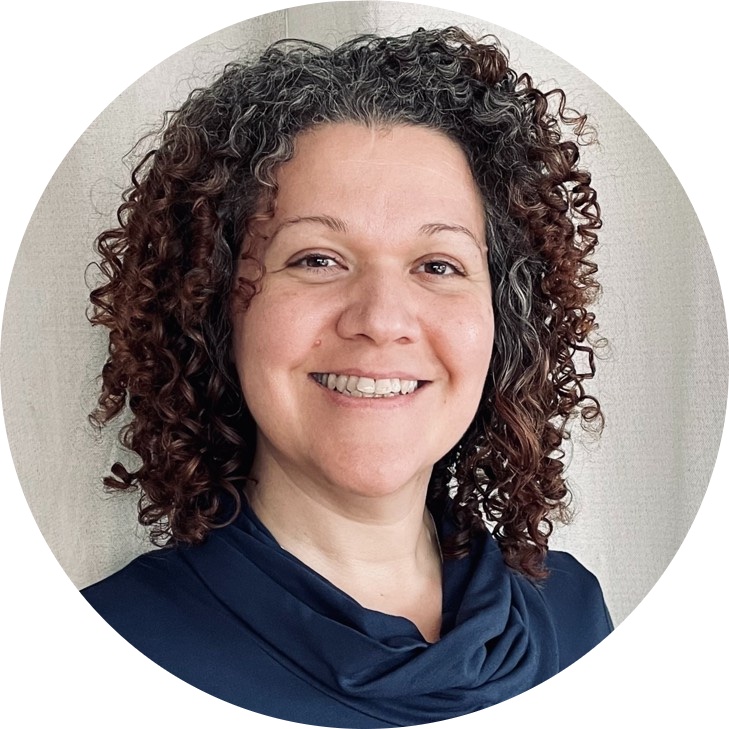DEI in 2024: milestones, setbacks and shifting priorities

Corporate diversity, equity and inclusion programs came under fire in 2024 in the aftermath of the U.S. Supreme Court banning race-based college admissions in June 2023. While that decision was limited to universities, the effects rippled into corporate America throughout 2024.
Since then the state of DEI programs has eroded with Walmart the latest big corporation to announce rollbacks. Here’s a look at some of the most pivotal moments in 2024, which have contributed to the current state of turmoil regarding DEI initiatives as we head into a new year.
DEI uncertainty slowly spreads
Companies began facing threats and uncertainty regarding their DEI programs in January when nearly 40% of C-suite executives said that backlash against diversity, equity and inclusion programs increased since the Supreme Court ruled against race-based admissions, according to a report released at that time, from Littler, which provides inclusion, equity and diversity educational and training resources.
In that same survey, more than a third of business executives said their organizations faced uncertainty regarding how to proceed with their DEI programming. Between January and March, more than two dozen public companies, including JetBlue Airways and Molson Coors Beverage Co., mentioned DEI as a “risk factor” in their earnings reports, according to an analysis from Bloomberg.
SHRM drops “equity” from its DEI messaging
In July, the Society for Human Resources Professionals (SHRM) caused massive controversy when it announced plans to drop the word “equity” from its own DEI programs and messaging. The move spurred an uproar among HR professionals online, with some canceling their memberships to the HR trade association. Some called it a “glaring betrayal” that will weaken DEI initiatives and stunt progress.
SHRM claimed the change was prompted by numerous surveys with employers and staff which showed that the word equity caused more confusion than diversity and inclusion.
MEI vs. DEI discussion emerges
In the summer, high-profile executives like Elon Musk and Alexandr Wang, co-founder and CEO of AI tech firm Scale AI, began speaking out against DEI programs in favor of what they call “MEI” based hiring. They describe it as hiring based solely on one’s talent and ability to do the job well — often assessed by an impressive track record, or simply letting one’s accomplishments speak for themselves.
But workplace experts cautioned that merit-based hiring relies too heavily on one’s past accomplishments and formal professional experience than true skill, talent and ability to do a job well. Instead of exclusively considering merit, leaning into more skills-based hiring is a better approach, they said.
Legal risks and concerns grow
Increased scrutiny on DEI programs started driving an uptick in lawsuits against employers. So far in 2024, at least 53 federal lawsuits targeting DEI programming have been filed, according to a tracker compiled by the NYU School of Law’s Meltzer Center. Last year 40 were filed. In 2022, 15 were filed, and in 2021, 11 were filed. The cases are related to diversity targets, training, targeted programs and discrimination.
In one case filed in July, Vaughn vs. CBS Broadcasting, the plaintiff, a heterosexual white male news anchor, alleges he was replaced with a “younger minority news anchor” because of his race, sex, sexual orientation and age. The plaintiff alleges his removal was part of a broader effort to meet internal representation goals.
Trump gets elected
Another blow to DEI programs came with Trump’s election in November, with the incoming president vocally against such initiatives. His stance has emboldened conservative activists to turn up the heat on corporate DEI policies, with employers expecting continuing pressure to change their programs.
It’s unclear exactly how Trump will act on DEI, though he is expected to reverse some Biden-era workplace rules, like those around sexuality and gender identity, by executive order.
He can also direct federal agencies to eliminate their own DEI programs, and appoint new officials to direct agencies like the Equal Opportunity Employment Commission (EEOC) and the Department of Justice.
Walmart rolls back DEI program
Throughout the year, brands like Ford Motors, Lowe’s, John Deere and Molson Coors, among others, reversed course on their diversity, equity and inclusion commitments. Then at the end of November, the country’s largest private employer — Walmart — announced it was scaling back its DEI programs. It’s doing so by withdrawing from the LGBTQ+ advocacy group Human Rights Campaign’s Corporate Equality Index, and ending its practice of prioritizing suppliers based on race or gender criteria.
“Corporations are not just saying ‘we’re not doing DEI anymore.’ They’re saying ‘we’re going to consider diversity, we’re considering inclusivity, we’re just not going to do it in the way that these activists and HR practitioners tell us to do it,” said Dan J. Berger, an entrepreneur and author of “The Quest: The Definitive Guide to Finding Belonging.”
What’s next?
This year the general sentiment among HR leaders was “feeling stuck,” said Cristina Jimenez, global head of culture and belonging at RHR International, a global leadership consulting firm.
“There was a lot of not knowing what to do, not knowing how to do it,” Jimenez said. “Are we changing our name? Are we not changing our name? Are we downsizing? Not downsizing? Are we still doing this, or are we still doing that?” she often heard from clients she consults.
While she hopes for more stability in 2025, she doesn’t expect things to completely calm down soon. But there will be more movement as organizations solidify and shift their strategies. “Organizations really have to think about how to link values and purpose and their business strategy with the kind of organizations they want to create, as far as culture and the experience of employees, and how equity plays a role in all that,” Jimenez said.
“Because you can’t take equity out of it. And you certainly can’t take this sort of evolving needs of diverse employees across the board out of that equation,” she said.

